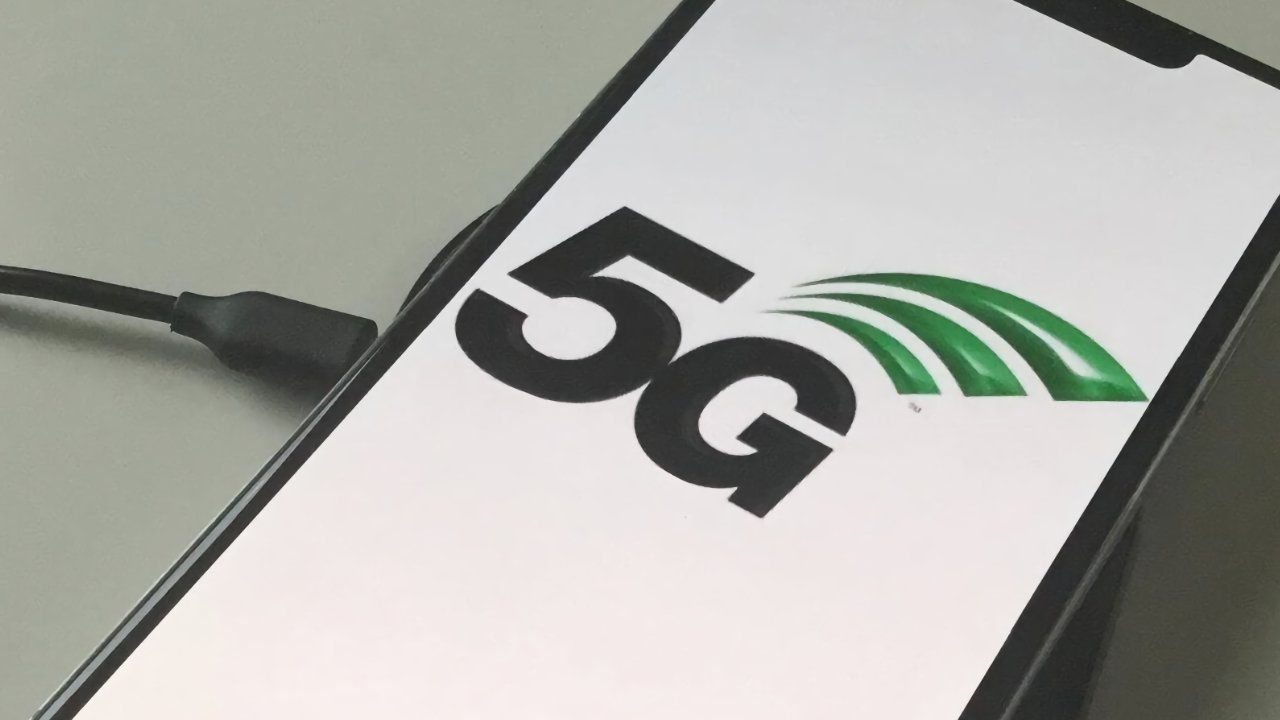Apple intended for the iPhone 15 to use an 5G modem designed in-house, and it has spent billions working to achieve that. Here's why it still has to buy modems from Qualcomm.
Modems are hard. In 2010, Intel spent $1.4 billion to acquire Infineon, whose baseband chips, were used in the cellular features of the iPhone.
In 2019, Intel sold its modem patents to Apple for $1 billion, and got out of that business. Since at least then, Apple has been aiming to make its own modems, and to do so both to save money, and to stop buying from Qualcomm.
For its part, Qualcomm expected Apple to have produced its own modem by 2024. But then in September 2023, Qualcomm announced a deal with Apple that would see it providing modems up to 2026.
According to the Wall Street Journal, the extended delay comes despite Apple spending billions on the project. It is delayed for multiple reasons, ranging from the expected technical challenges, to the presumably unexpected management problems.
"These delays indicate Apple didn't anticipate the complexity of the effort," Serge Willenegger, ex-Qualcomm executive told the publication. "Cellular is a monster."
"Just because Apple builds the best silicon on the planet," said former Apple wireless director Jaydeep Ranade, "it's ridiculous to think that they could also build a modem."
Neither Willenegger nor Ranade have been involved in the project, which Apple has reportedly codenamed Sinope. Former Apple HR executive Chris Deaver told the Wall Street Journal that the project began in 2018.
That's a point when Apple and Qualcomm were taking each other to court over multiple disagreements, though these were settled in 2019.
At that time, Apple executives were divided over whether to partner with Intel, or to design a chip themselves. Reportedly, Ruben Caballero, then a long-standing head of wireless at Apple, wanted to go with Intel.
However, Johny Srouji, senior vice president of hardware technologies, disagreed and wanted Apple to build its own. Caballero left in 2019 and much of his team were placed under Srouji.
Others were split off into the separate hardware engineering group to work on related issues such as antenna design.
According to the Wall Street Journal, this division of engineering work became a problem. Unspecified sources within the project told the publication that one of the senior managers on Srouji's team had no wireless technology background at all.
Other Apple executives lacked experience with wireless, said former project engineers. Consequently they were setting tight and unrealistic deadlines.
Or they did until late 2022 when Apple began testing prototypes. Reportedly, Apple's 5G modem chips were poor enough that they would have made the iPhone's wireless speeds slower than Android.
People said to be familiar with the tests are said to have estimated that Apple is three years behind Qualcomm.
It's possible that the prototypes were an internal-use-only iPhone SE 4, as some models of that were reportedly manufactured for testing purposes. When that was reported, it was expected that a shipping iPhone SE 4 would feature Apple's modem in 2024, but now that appears to be another unrealistic deadline.
 William Gallagher
William Gallagher







-m.jpg)






 Charles Martin
Charles Martin
 Malcolm Owen
Malcolm Owen

 Christine McKee
Christine McKee
 Marko Zivkovic
Marko Zivkovic
 Mike Wuerthele
Mike Wuerthele

 Amber Neely
Amber Neely









35 Comments
To the contrary of what some people claimed, it was never going to be easy. Not in software or in hardware.
5G is a huge collection of different standards and technologies falling under one general umbrella.
A few years ago you could have got away with NSA but now you have to support SA and advances for the immediate future (5.5G) and then be ready for 6G.
Realistically speaking Apple needed to be at the table where the standards themselves are thrashed out.
Without a seat at those tables you will always be playing catch up to a certain degree.
They acquired the Intel division plus accumulated patents. You could argue that got them onto the ladder. Climbing it is another story.
The odds of Apple producing a superior product to anything Huawei, Samsung, Qualcomm, Broadcom can produce are limited simply because those companies have decades of accumulated knowhow and resources.
Perhaps 'good enough' is where they are happy to be at the moment in terms of verticality in manufacturing. I think that's a valid aim but it won't free them of patent agreements.
Beyond the modem and antenna designs themselves, the whole thing was a result of a massive strategic goof. The spat with Qualcomm.
When the Intel plan collapsed it really was a Yikes! moment and although we don't know the details of the deal, it's hard to imagine Qualcomm not having the upper hand in negotiations.
Read the story on how huawei got into cellular business. Not from the scratch for sure